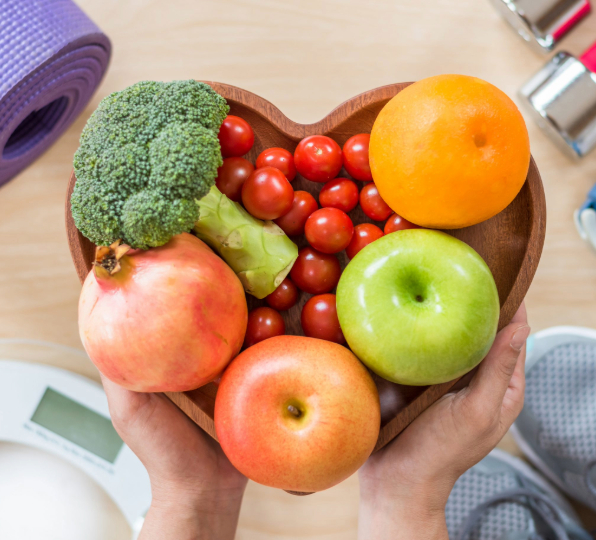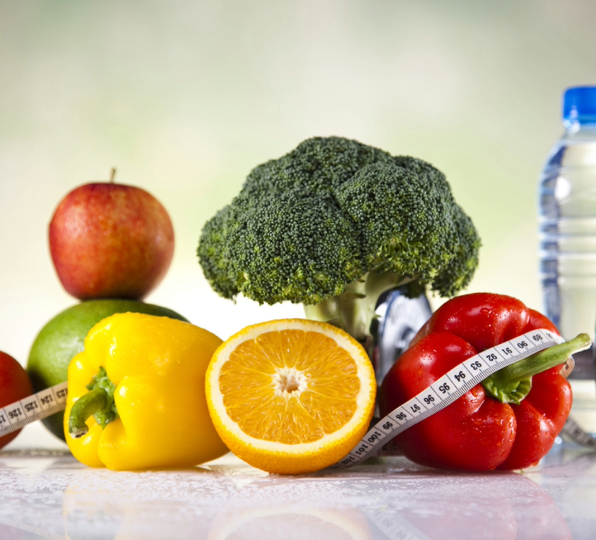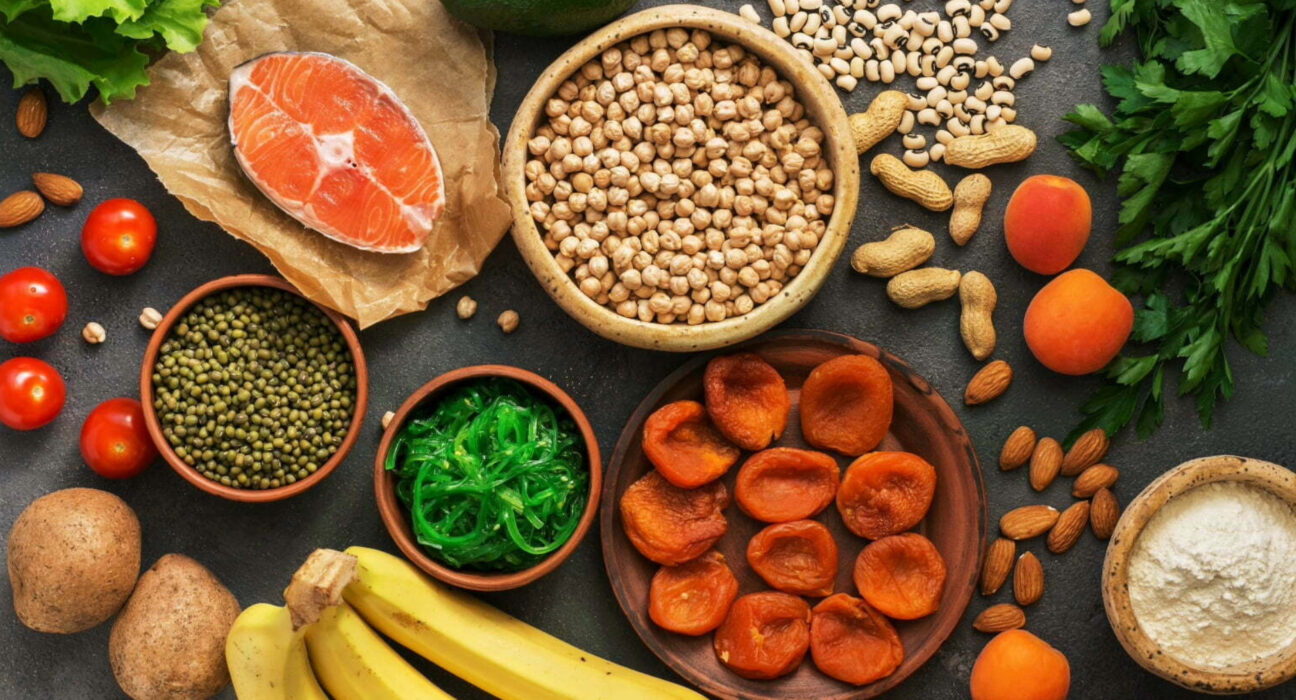Introduction:
Hypertension, or high blood pressure, is a common condition that affects millions of people worldwide. Left uncontrolled, hypertension can increase the risk of serious health complications such as heart disease, stroke, and kidney failure. Fortunately, many lifestyle factors, including diet and exercise, play a significant role in managing hypertension and keeping blood pressure levels within a healthy range. In this blog post, we’ll explore some practical diet and lifestyle tips for controlling hypertension and promoting better cardiovascular health.
1.Understanding Hypertension
Hypertension occurs when the force of blood against the walls of the arteries is consistently too high. This puts strain on the heart and blood vessels, increasing the risk of cardiovascular disease. Hypertension is often referred to as the “silent killer” because it typically has no symptoms but can cause serious damage over time. Risk factors for hypertension include age, family history, obesity, lack of physical activity, poor diet, and stress. Monitoring blood pressure regularly and making lifestyle changes can help prevent and manage hypertension effectively.
2. Diet Tips for Hypertension Control
Limit Sodium Intake: High sodium consumption can raise blood pressure levels. Aim to consume less than 2,300 milligrams of sodium per day, or even lower if you have hypertension or are at risk. Avoid processed foods, canned soups, salty snacks, and fast food, and instead opt for fresh, whole foods prepared with herbs and spices for flavor.
Increase Potassium-Rich Foods: Potassium helps balance sodium levels in the body and relax blood vessel walls, lowering blood pressure. Incorporate potassium-rich foods such as bananas, oranges, spinach, sweet potatoes, and avocados into your diet.
Eat Plenty of Fruits and Vegetables: Fruits and vegetables are rich in vitamins, minerals, and antioxidants that support heart health and help lower blood pressure. Aim to fill half your plate with fruits and vegetables at each meal, opting for a variety of colors and types.
Choose Lean Protein Sources: Lean protein sources such as skinless poultry, fish, tofu, and legumes are lower in saturated fat and cholesterol, making them heart-healthy choices. Limit red meat, processed meats, and full-fat dairy products, which can raise cholesterol and contribute to hypertension.
Embrace the DASH Diet: The Dietary Approaches to Stop Hypertension (DASH) diet emphasizes fruits, vegetables, whole grains, lean protein, and low-fat dairy while limiting sodium, saturated fat, and added sugars. Following the DASH diet has been shown to significantly lower blood pressure and reduce the risk of heart disease.
Watch Portion Sizes: Overeating can lead to weight gain and increase the risk of hypertension. Pay attention to portion sizes and practice mindful eating to avoid consuming more calories than your body needs.
Limit Alcohol Consumption: Excessive alcohol consumption can raise blood pressure and contribute to hypertension. Limit alcohol intake to moderate levels, defined as up to one drink per day for women and up to two drinks per day for men.
3.Lifestyle Tips for Hypertension Control
Maintain a Healthy Weight: Losing excess weight can help lower blood pressure and reduce the risk of hypertension. Aim for a body mass index (BMI) within the healthy range (18.5 to 24.9) through a combination of healthy eating and regular physical activity.
Stay Active: Regular physical activity is essential for maintaining cardiovascular health and controlling blood pressure. Aim for at least 150 minutes of moderate-intensity aerobic exercise or 75 minutes of vigorous-intensity exercise per week, along with muscle-strengthening activities on two or more days per week.
Manage Stress: Chronic stress can contribute to hypertension by increasing blood pressure levels. Practice stress-reduction techniques such as deep breathing, meditation, yoga, or tai chi to promote relaxation and lower stress hormones in the body.
Get Adequate Sleep: Poor sleep quality or insufficient sleep can raise blood pressure and increase the risk of hypertension. Aim for seven to nine hours of quality sleep per night by establishing a regular sleep schedule, creating a comfortable sleep environment, and practicing good sleep hygiene.
Quit Smoking: Smoking damages blood vessels, raises blood pressure, and increases the risk of heart disease and stroke. Quitting smoking is one of the most important steps you can take to improve cardiovascular health and reduce hypertension risk.
Limit Caffeine Intake: While moderate caffeine consumption is generally safe for most people, excessive caffeine intake can raise blood pressure levels. Limit caffeine to no more than 400 milligrams per day, or switch to decaffeinated beverages if you’re sensitive to caffeine’s effects.
Monitor Blood Pressure Regularly: Regular monitoring of blood pressure is essential for managing hypertension effectively. Keep track of your blood pressure readings at home using a home blood pressure monitor, and share the results with your healthcare provider to adjust treatment as needed.
4.Additional Diet Tips
Incorporate Omega-3 Fatty Acids: Omega-3 fatty acids, found in fatty fish like salmon, mackerel, and sardines, have been shown to lower blood pressure and reduce inflammation. Consider adding fish to your diet at least twice a week or incorporating plant-based sources of omega-3s like flaxseeds, chia seeds, and walnuts.
Limit Added Sugars and Refined Carbohydrates: High intake of added sugars and refined carbohydrates can contribute to weight gain, insulin resistance, and hypertension. Cut back on sugary beverages, sweets, and processed foods, opting instead for whole grains, fruits, and vegetables.
Moderate Alcohol Consumption: While moderate alcohol consumption may have some cardiovascular benefits, excessive drinking can raise blood pressure and increase the risk of hypertension. Limit alcohol intake to no more than one drink per day for women and two drinks per day for men.
5.Additional Lifestyle Tips
Practice Mindful Eating: Mindful eating involves paying attention to your food choices, chewing slowly, and savoring each bite. By focusing on the sensory experience of eating, you can better control portion sizes, prevent overeating, and make healthier food choices.
Stay Hydrated: Dehydration can lead to an increase in blood pressure, so it’s essential to stay hydrated throughout the day. Aim to drink plenty of water and limit intake of sugary beverages and caffeinated drinks, which can have dehydrating effects.
Seek Social Support: Building a strong support network of friends, family, or support groups can help reduce stress, improve mood, and promote overall well-being. Surround yourself with positive influences who encourage healthy habits and provide emotional support during challenging times.
Practice Gratitude and Positive Thinking: Cultivating a positive outlook and practicing gratitude can help reduce stress, lower blood pressure, and improve overall mental health. Take time each day to reflect on the things you’re grateful for and focus on positive aspects of your life.
Stay Informed and Educated: Knowledge is power when it comes to managing hypertension. Stay informed about the latest research, guidelines, and treatment options for hypertension, and work closely with your healthcare provider to develop a personalized plan for managing your condition.


Conclusion:
In conclusion, hypertension is a common and potentially serious condition that requires proactive management to prevent complications and promote better health. By making simple yet significant changes to your diet and lifestyle, you can lower blood pressure levels, reduce the risk of cardiovascular disease, and improve overall well-being. Whether it’s choosing heart-healthy foods, staying active, managing stress, or quitting smoking, every step you take towards controlling hypertension brings you closer to a healthier, happier life. Remember to consult with your healthcare provider before making any significant changes to your diet or lifestyle, especially if you have existing health conditions or are taking medications. With dedication, determination, and support, you can take control of hypertension and enjoy a life free from the burden of high blood pressure.












